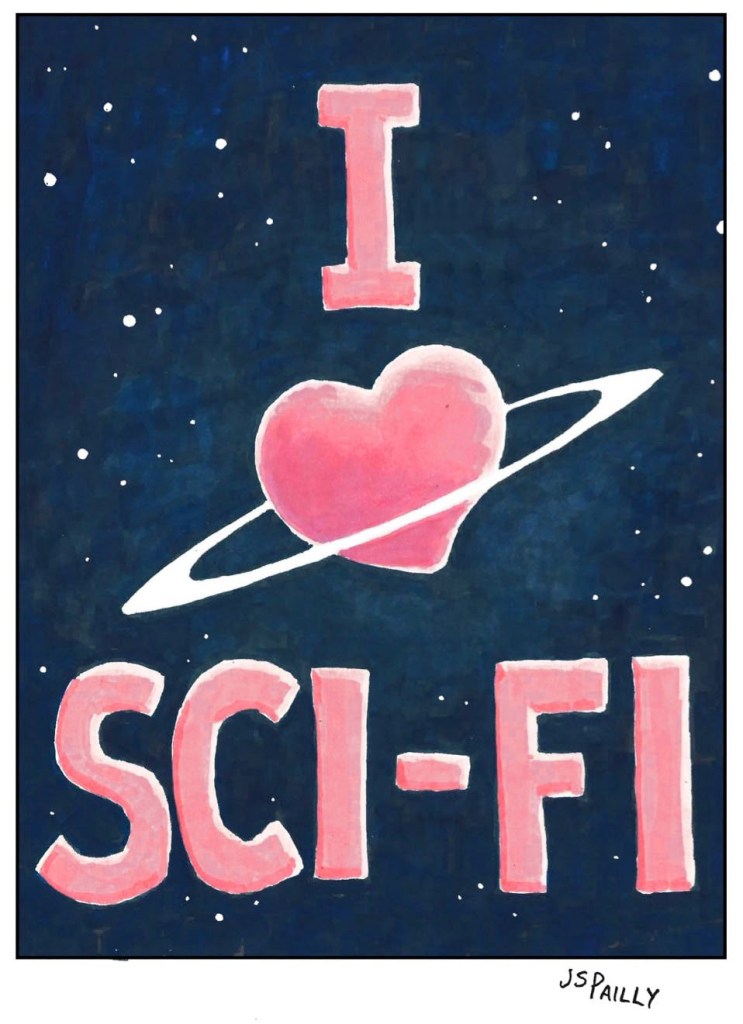Welcome to Origin Stories, a new special series here on Planet Pailly where we take a closer look at the origins of popular Sci-Fi concepts. For this inaugural episode of Origin Stories, we’re going to get kind of meta and look at the origins of:
SCIENCE FICTION
Many people will tell you that Mary Shelley was the first science fiction writer. When Shelley wrote Frankenstein, she took much of her inspiration from the recent discovery of galvanism: the discovery that electricity can stimulate muscles contractions, even in dead animals.
When people label Shelley as the first science fiction writer, a lot depends on what you mean by science fiction. If science fiction means fiction inspired by contemporary science, fiction that extrapolates from contemporary science to build its plot, then yes: Mary Shelley’s Frankenstein (published in 1818) is the earliest clear example of that.
But does that mean Shelley invented the whole science fiction genre? I’m not so sure. I don’t feel like Frankenstein is truly a genre-defining work. I mean, I wouldn’t look at Dune or Star Trek and say, “Oh yes, this is just like Frankenstein!”

In 1926, Hugo Gernsback launched a new magazine called Amazing Stories. In this editorial from the first issue of Amazing Stories, Gernsback explains that he wanted his new magazine to focus on “the scientific type of story” or “scientifiction,” as Gernsback wanted us to call it (not sure if that’s pronounced scienti-fiction or scientific-tion).
Gernsback defined scientifiction as “a charming romance intermingled with scientific fact and prophetic vision,” and he cited Jules Verne, H.G. Wells, and Edgar Allan Poe as the great luminaries of the genre. To quote from this paper published in Science-Fiction Studies:
While the importance of Hugo Gernsback in SF may be debated, critics of all schools can accept him as the first person to create and announce something resembling a history of SF. Some critics before Gernsback discussed earlier works now seen as SF, but they did not treat SF as a separate category and did not distinguish its texts from other forms of non-mimetic fiction […]
If someone were to ask who invented science fiction, I don’t think I could give credit to just one person. Mary Shelley wrote what we now recognize as the first science fiction novel; Hugo Gernsback was the first to identify science fiction as its own distinct genre. Any origin story for science fiction would be incomplete without mentioning those two names, at least!
But there were many other writers writing science-inspired tales between 1818 and 1926. Science fiction was not invented all at once; it grew and evolved slowly through the 19th and early 20th Centuries. Which is a good thing for me! It means we’ll have plenty more to talk about in future episodes of Origin Stories!
P.S.: Special thanks to @MaxN2100 over on Twitter for suggesting I do a series like Sciency Words, but with Sci-Fi concepts. Now you know the origin story of this Origin Stories series!